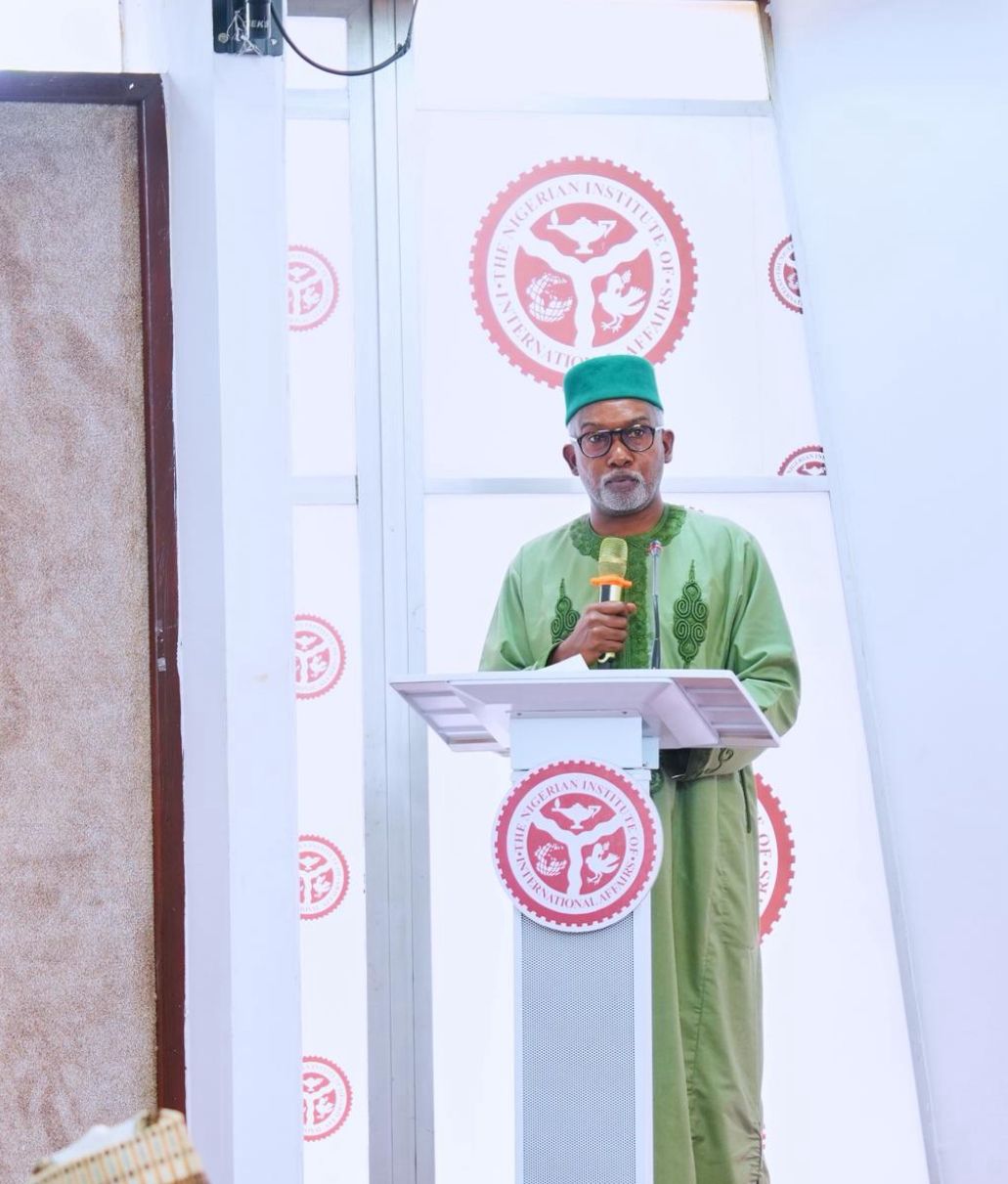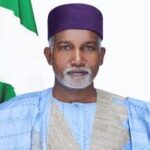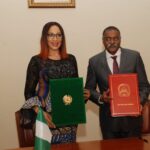Nigeria’s Minister of Foreign Affairs, Ambassador Yusuf Maitama Tuggar, OON, has called for a recalibration of Nigeria’s foreign policy to align with the fast-evolving realities of the global order. Delivering a landmark guest lecture titled “Navigating Realities: Aligning Nigeria’s Foreign Policy Practice with Emerging Global Dynamics” at the Nigerian Institute of International Affairs (NIIA) in Lagos, the Minister underscored the urgency for Nigeria to embrace strategic autonomy as the world transitions toward a multipolar system marked by uncertainty, competition, and new opportunities.
Addressing a distinguished audience of diplomats, scholars, policymakers, and civil society leaders, Ambassador Tuggar commended the NIIA for over six decades of intellectual service to Nigeria’s foreign policy community. He described the Institute as the country’s intellectual compass, providing research, policy guidance, and convening power that have helped Nigeria chart its external engagements since independence. According to the Minister, international relations is not an abstract discipline but a tool designed to guide statecraft and enable governments to make decisions in turbulent times.

Reflecting on Nigeria’s diplomatic journey, Ambassador Tuggar recalled the country’s prominent contributions to Africa’s liberation struggles, including its pivotal role in Zimbabwe, Namibia, Angola, and Mozambique, as well as its historic leadership in the global campaign against apartheid in South Africa. He highlighted Nigeria’s longstanding commitment to peacekeeping, with notable missions in Liberia, Sierra Leone, Sudan, and The Gambia, and reminded the audience that Nigeria was a founding force behind ECOWAS in 1975, an institution that remains central to regional peace and integration.
The Minister then shifted attention to the contemporary global order, describing it as a period of profound transition. Climate change, he noted, is reshaping the geography of security, while artificial intelligence is transforming the nature of work, ethics, and warfare. He pointed to the persistence of terrorism, widening inequality, and migration pressures that have polarized politics in the global North. All these forces, he said, are creating a multipolar world in which countries like Nigeria must carefully navigate without succumbing to pressures of bandwagoning or over-alignment with major powers.
Ambassador Tuggar drew parallels with Nigeria’s Cold War–era strategies, when the country adopted non-alignment, the Concert of Medium Powers, and the Concentric Circles approach to retain independence amidst superpower rivalries. He warned against the dangers of repeating past mistakes, particularly on the economic front, where African countries once faced a choice between the Lagos Plan of Action and the Washington Consensus. Nigeria, like many others, was pressured into structural adjustment programs that weakened industrialization and entrenched dependence on raw material exports. The Minister emphasized that today’s Nigeria must learn from those lessons and focus on building resilient internal markets, promoting industrial growth, and defending its economic sovereignty.
Outlining the foreign policy vision of the Tinubu administration, Ambassador Tuggar explained that Nigeria’s strategy is built on Strategic Autonomy, anchored on the four pillars of Democracy, Development, Demography, and Diaspora. He stressed that Nigeria’s size, population, and moral standing give it the capacity to act independently, resist external pressures, and forge issue-based partnerships that advance national interest. He was quick to clarify that strategic autonomy does not mean duplicity or hypocrisy, but rather a pragmatic approach rooted in Nigeria’s resilience and long-standing ethical principles.
Ambassador Tuggar reaffirmed Africa’s centrality in Nigeria’s external engagements, pointing to the African Continental Free Trade Area (AfCFTA) as a major opportunity for deeper integration and economic transformation. He highlighted the importance of cooperative defense frameworks, including the Multinational Joint Task Force, ECOWAS, and the African Union, as critical tools for maintaining peace and stability across the continent.
On democracy, the Minister countered narratives that Nigeria was attempting to impose a single model of governance, stressing instead that Africa must own its democratic processes and adapt them to its cultures, histories, and traditions. He revealed that the Ministry of Foreign Affairs has developed the Regional Partnership for Democracy (RPD) in collaboration with the United Nations Development Programme (UNDP). This initiative, he explained, is designed to strengthen democratic institutions, promote inclusive governance, and create sustainable platforms for dialogue even in contexts of sharp disagreement.
Concluding his lecture, Ambassador Tuggar reaffirmed Nigeria’s determination to remain a respected, self-reliant, and influential actor in global affairs. He emphasized that the country will continue to pursue pragmatic, principled, and people-centered diplomacy while building issue-based alliances that serve both national and continental interests. With strategic autonomy as its guiding framework, Nigeria, he said, will not only protect its sovereignty but also contribute meaningfully to shaping the future of Africa and the wider international system.
Signed by Kimiebi Imomotimi Ebienfa, anipr, spokesperson for the Ministry of Foreign Affairs, Abuja, on Sunday, 14 September 2025, the lecture marks an important milestone in Nigeria’s ongoing conversation about its place in the evolving global order and the responsibilities that come with its role as Africa’s largest democracy and a leading voice on the continent.













Leave a comment